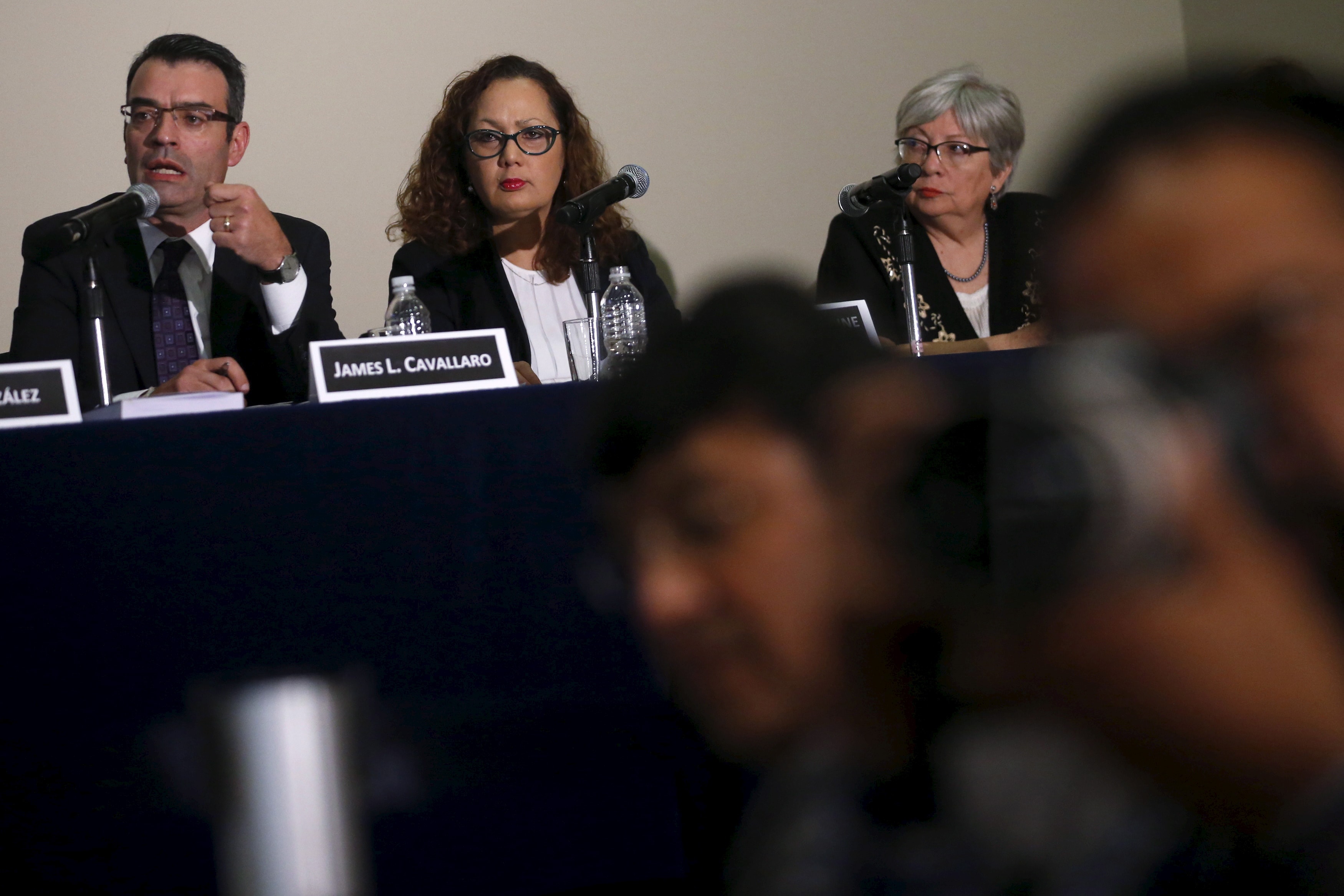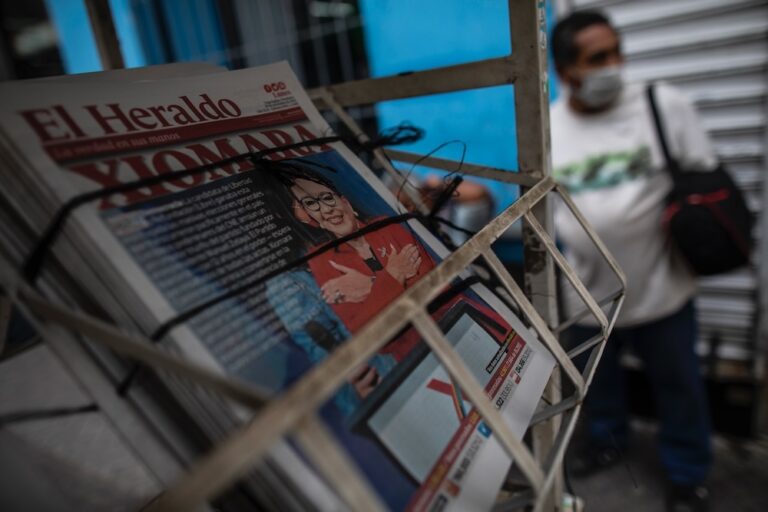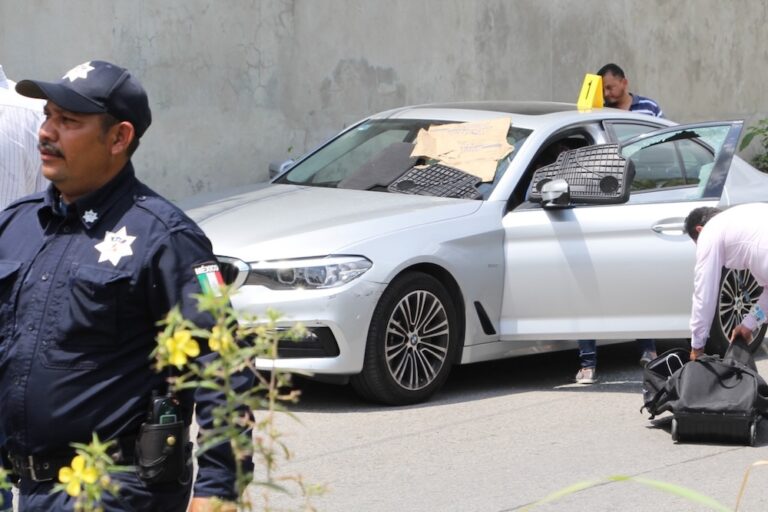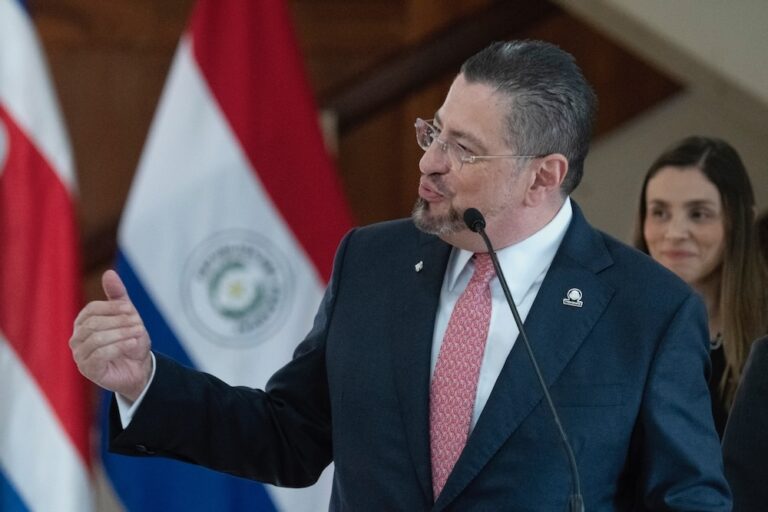The IACHR’s recommendations and the Inter-American Court’s judgments are essential in maintaining respect for human rights and media rights. Must we again remind OAS members that they are required to respect these decisions?
This statement was originally published on rsf.org on 16 October 2015.
Last month, Venezuela defied a judgment by the Inter-American Court of Human Rights while Honduras rebuffed a request from the Inter-American Commission on Human Rights (IACHR). Both countries are nonetheless members of the Organization of American States and the OAS human rights system created by the San José Pact. This defiance of the system has become common and is very worrying.
On 10 September, Venezuela’s supreme court ruled that a judgment issued three days before by the Inter-American Court of Human Rights was “unenforceable.”
The judgment had ordered Venezuela to restore the broadcast frequency to Radio Caracas Télévision (RCTV) that was removed on Hugo Chávez’s orders in 2007. Removing the frequency had violated RCTV’s right to free speech and due process, the Inter-American Court found.
At the same time, of the 17 latest requests for “precautionary measures” that the IACHR has submitted to Venezuela, only two have been addressed by the Venezuelan authorities.
On 4 September, Honduras issued its second rebuff of the IACHR’s intervention in the defamation case against Radio Globo y TV presenter Julio Ernesto Alvarado, which had ended with a court issuing an order banning him from working as a journalist for 16 months.
As a “precautionary measure,” the IACHR asked the Honduran authorities in November 2014 to stay implementation of the ban until it ruled on the substance of the case. The first rebuff came just weeks later, when a court ordered that Alvarado should be notified of the ban.
The IACHR’s “precautionary measure” request had nonetheless made it possible for Alvarado to continue working. The second rebuff was the Honduran supreme court’s decision on 4 September to reject Alvarado’s final appeal against the ban.
“The OAS should be the last bastion of protection for journalists in danger, journalists who are threatened by their own governments,” said Emmanuel Colombié, the head of the Reporters Without Borders Latin America desk.
“The many violations of its decisions by the region’s delinquent governments are unacceptable. The IACHR’s recommendations and the Inter-American Court’s judgments are essential in maintaining respect for human rights and media rights. Must we again remind OAS members that they are required to respect these decisions? We urge these countries to simply adhere to their obligations.”
The recommendations and rulings issued by the San José Pact’s institutions have been ignored for years by many of the pact’s members, some of which count among the most violent and dangerous countries for journalists.
These violations of international law are accompanying a slow decline in the situation of the media in Latin America. They are also indicative of a climate of defiance towards the OAS and a lack of respect for the work of journalists.
A delegation of IACHR observers went to Mexico on 28 September to examine the situation in the wake of an escalation in violence in recent months. Just hours after the delegation left, its initial findings were condemned as partial and hasty by the under-secretary for human rights, Roberto Campa Cifrián, who reports to the interior minister. They “do not reflect the country’s reality,” he said.
In 2014 alone, the IACHR received more than 500 complaints from Mexico about human rights violations, a western hemisphere record.
On 30 January, the IACHR condemned the murder of Colombian human rights defender Carlos Alberto Pedraza Salcedo, who had been found shot dead 60 km outside Bogotá nine days earlier. Colombia has a duty to carry out an investigation and establish the circumstances of his death, the IACHR said.
Nine months later, there has been no sign of any significant progress in the investigation and the Colombian justice ministry has provided no information about the case.
On 26 September 2014, the IACHR asked the Cuban government to guarantee the safety of Angel Santiesteban-Prats, a writer and blogger who had held since April 2013 and who had been the victim of mistreatment and torture in detention.
The request was completely ignored by the Castro government. Santiesteban-Prats was finally released in July of this year but since then he has been subjected to close surveillance and prevented from working as a journalist. He has often described the nightmare he lived though while in prison.
The IACHR is an autonomous OAS body that monitors and protects human rights in the western hemisphere. It issues recommendations and, in urgent cases, requests precautionary measures to prevent serious and irreparable damage to human rights. Many cases concern media rights.
When its recommendations and requests are ignored, the IACHR may refer cases to the Inter-American Court of Human Rights, which can issue judgments that are binding and admit no appeal. All OAS member states are obliged to respect its rulings.



